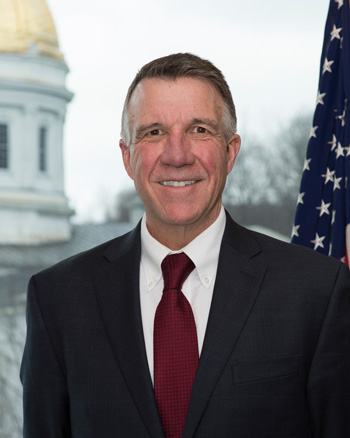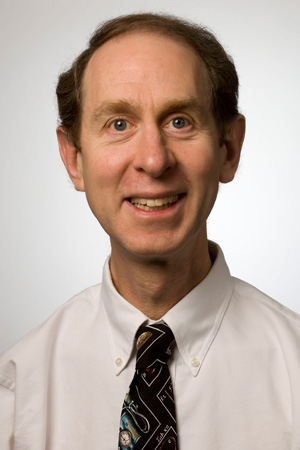Undergraduate Commencement Order of Exercises
Saturday, the Fifteenth of May, Two Thousand Twenty-One, 10:00 AM EDT
Please make sure to join us for Part 1: the main Commencement Ceremony (outlined below), before viewing Part 2: the Divisional Diploma Ceremonies.
NATIONAL ANTHEM
Led by Hilary Delisle, Champlain College staff member graduating with a Master of Business Administration
WELCOME FROM CAMPUS LEADERS
Dr. Benjamin Ola Akande, President
Mr. Charlie Kittredge, Chair, Champlain College Board of Trustees
Dr. Leslie Averill, Vice President of Academic Affairs and Chief Operating Officer
Dr. Stephen Wehmeyer, Associate Professor in the Core Division
CLASS OF 2021 STUDENT SPEAKER
Angela Richard, ’21 // Early Childhood & Elementary Education
MESSAGE FROM THE PRESIDENT
Dr. Benjamin Ola Akande
CONFERRING OF HONORARY DEGREES
Dr. Leslie Averill
ADDRESS TO THE GRADUATES
Governor Phil Scott
Vermont Health Commissioner Dr. Mark Levine
Doctors of Public Service and Humane Letters, Honoris Causa
PRESENTATION OF CANDIDATES & CONFERRING OF DEGREES
Champlain College Faculty and Academic Leadership
Dr. Benjamin Ola Akande
Please watch the 10:00 AM Virtual Commencement Ceremony here.
About the 2021 Commencement Speakers/Honorary Degree Recipients
Governor Phil Scott
Phil Scott became the 82nd Governor of Vermont in January 2017 and was reelected to a third term in 2020. As Governor, he is committed to making a difference in the lives of Vermonters by growing the state’s economy, making Vermont more affordable, and protecting the most vulnerable. Throughout his years of public service, Scott has listened to, and learned from Vermonters, and is always willing to roll up his sleeves to help get the job done.
Previously, he was elected and served three terms (2011–2017) as Vermont’s 79th Lieutenant Governor. In this role, he launched the Everyday Jobs Initiative—where he worked in 35 different professions around the state—and Vermont Economy Pitch sessions for the opportunity to learn from Vermont’s employers and workers. Prior to that role, he was elected to the Vermont Senate for five terms, representing Washington County. During his 10-year service in the Senate, he was Vice Chair of the Transportation Committee and Chair of the Institutions Committee.
Scott is also active in community service projects. In 2005, he founded the Wheels for Warmth program, which allows Vermonters to donate tires they no longer need. The tires that meet state inspection standards are offered for resale at affordable prices, with all proceeds benefiting heating fuel assistance programs.
He is a lifelong Vermonter who grew up in Barre and graduated from Spaulding High School and the University of Vermont.
Dr. Mark Levine
Dr. Mark Levine was appointed Vermont’s commissioner of health by Governor Phil Scott and began service on March 6, 2017. He has been recognized nationally and internationally for his leadership during Vermont’s pandemic response.
Prior to his appointment, Dr. Levine was a professor of medicine at the University of Vermont, associate dean for graduate medical education, and designated institutional official at the College of Medicine and UVM Medical Center. He also served as vice chair for education in the Department of Medicine.
At the nexus of Dr. Levine’s clinical, education, public health and advocacy efforts is his heightened interest in improving health at the population level through health policy directed at fostering a culture of health. As Health Commissioner, Dr. Levine takes great pride in leading the Department of Health’s efforts to fulfill its mission—To protect and promote the best health for all Vermonters—and is honored to represent its vision of Healthy Vermonters living in healthy communities.
Dr. Levine received his B.A. in biology from the University of Connecticut and M.D. from the University of Rochester. He completed his internal medicine residency and chief resident year at the University of Vermont, and a fellowship in general internal medicine at the University of North Carolina. Dr. Levine’s general internal medicine practice focused on health promotion and disease prevention, preventative health screening and clinical nutrition, chronic disease management, and solving complex diagnostic dilemmas.

